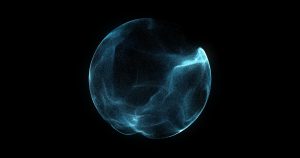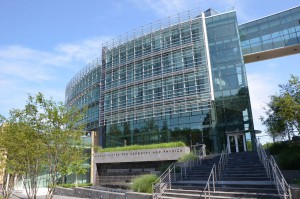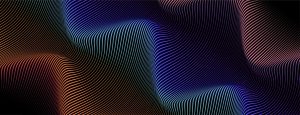5d N=1 SCFTs and Gauge Theories on Brane Webs (Postponed)
Organized by: Amihay Hanany (Imperial College London), Marcus Sperling (Southeast U., Nanjing), Antoine Bourget (Ecole Normale Supérieure, Paris and IPhT, Saclay), Julius Grimminger (Imperial College London) Five dimensional (5d) Lagrangian gauge theories are non-renormalizable, however many 5d N=1 supersymmetric gauge theories can be understood as effective infrared (IR) descriptions of 5d or 6d conformal fixed points … Read more





